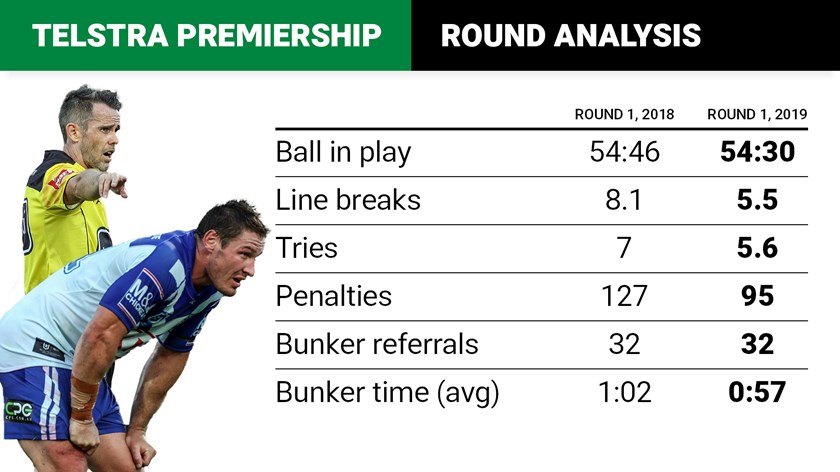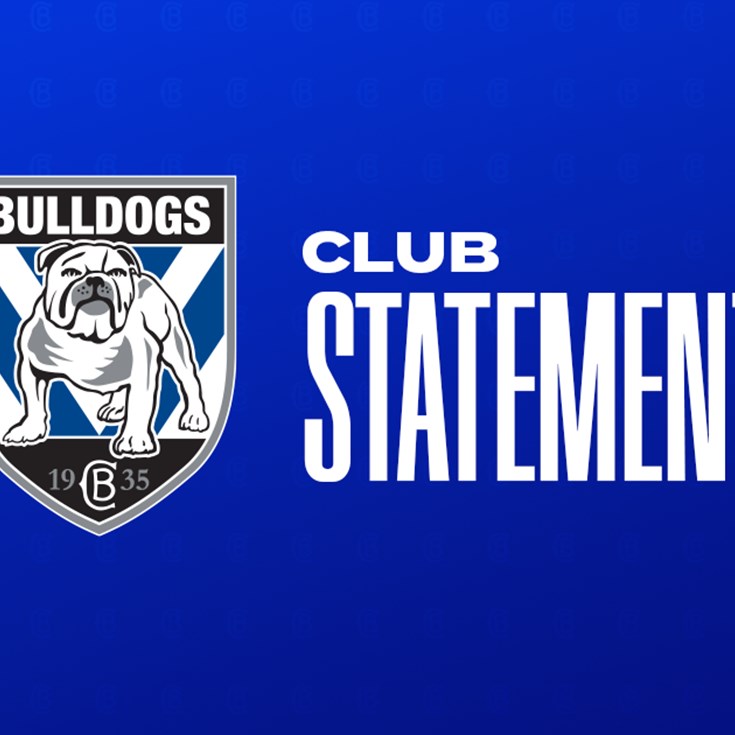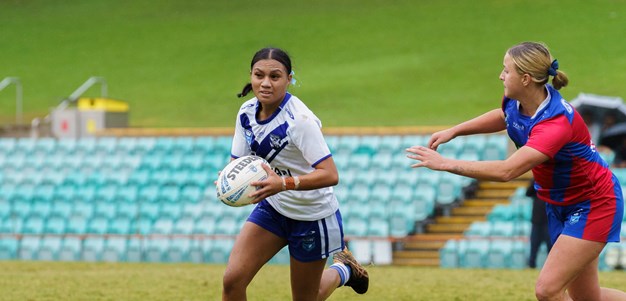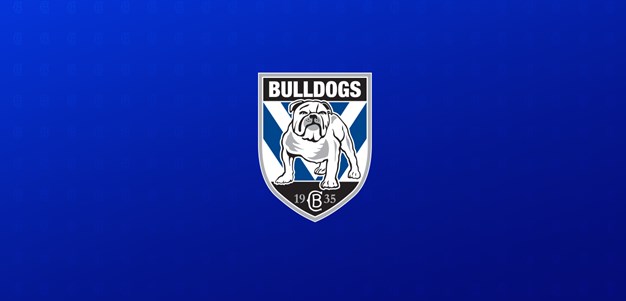A significant drop in penalties from round one in 2018 to the opening round of 2019 did not mean an open invitation for NRL coaches and teams to flout the rules thinking they had more latitude this year, according to Graham Annesley.
The NRL's head of football applauded his referees for their adherence to "the instruction I gave them" for this year's Telstra Premiership.
"And that was as much as possible they were to stay out of the game and allow the games to flow," he said on Monday.
The penalties dropped by 25%: in 2018 127 were blown in round one compared with 95 last weekend.
"That's a very significant drop and I'd like to see that trend continue. I need to reinforce that players need to cooperate if we want to see that continue," Annesley said.
"Last year the level of tolerance with the rules was taken too high. We needed to bring it back. I've told referees I wanted them to use more discretion.
"Yes, we want a fair level of compliance with the laws of the game but also to try and ensure we got a game of football where the players take centre stage and the outcome is determined by the players.

"I think in round one they did a pretty good job of that."
Annesley visited all 16 NRL head coaches for face-to-face meetings to tell them the same message he told his referees. Annesley is a former first grade referee himself, controlling 244 matches between 1982 and 1997, including finals.
"I'm not under any illusions that there may be a tendency for some clubs to look at round one and say 'If the referees are going to go a bit softer this year then we might turn up the heat on them a little'," Annesley added.
"And the one thing I have said is that there is no instruction, and there will be no instruction, from the administration to keep penalty counts low. So if any team or any player wants to push the envelope, then they have to be prepared to suffer the consequences of that.
"I have no intent, or even ability, to tell teams how they should play the game. The only thing at our disposal as administrators is to tell the officials 'Make sure both clubs are treated fairly; make sure they get an equal opportunity to compete in the game'."
Other statistics comparing 2018 and 2019 round ones – ball-in-play time, the number of line breaks and tries – were not as high as Annesley wants them to reach this year.
While the bunker decision time fell slightly, he wants that to go down even further.
He put the disappointment in ball-in-play time down to the fact five of the eight round-one games were played in pouring rain, prompting handling errors.
"We're talking about severely impacted by weather, not just minor impact.
"What I want to see is a trend over the whole season of getting more ball in play, getting less stoppage time. That's the objective. Round one is far too early to predict if we get that."
Get caught up: Round 1
The other big talking point from round one was the Sharks' penalty try against the Knights on Saturday, when it was ruled winger Sione Katoa was impeded by Newcastle's Edrick Lee.
Annesley would not be drawn on what call he would have made with whistle in hand. But he said he supported the call video referee Ashley Klein and ground referee Peter Gough made.
"The referee or the video referee can award a penalty try if, in his opinion, a try would have been scored but for the unfair play of the defending team," Annesley said, reading from the NRL rule book.
"It's subjective – would he or wouldn't he have made it to the ball? So there will be arguments about this. But the only person that matters in this case is the person who has to make the decision."
Gough's on-field explanation to Knights skipper Mitchell Pearce said the bunker had ruled "there's a chance he definitely would have scored".
Annesley agreed the choice of contrasting words were not ideal.
"The referee explaining that didn't choose his words wisely, or as well as he should have. But it doesn't get away from the decision-making process and the application of the rule."
Finally, there should be less debate around the bunker having to support the on-field referee's decision on tries.
"One of the things I've asked video referees this year to do is to make their decision on the information they have available on the replays, rather than be influenced by the decision that the referee makes on the field," Annesley said.
"They're the ones with the best footage available and the most amount of time to be able to assess that."
Every try of Round 1










